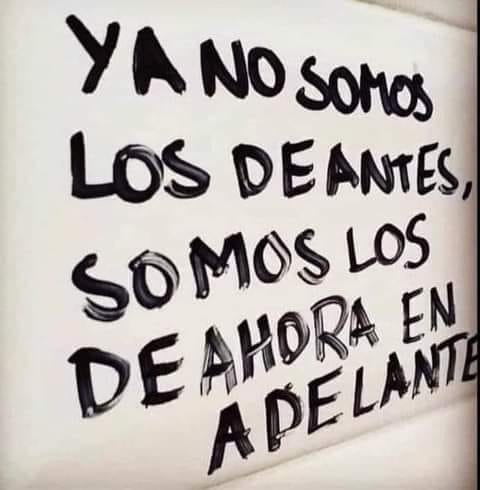On my screen I read a news item (1) from emol that says: “Study reveals that 36% of educational establishments perceive worse levels of violence than in 2019”.
Marcelo Castillo Duvauchelle
First of all, I am very preoccupied by the fact that I am used to seeing news of violence in the country’s schools and high schools. Behind the figures reported in this press release, there are people who are having a hard time and who need policies that go in the opposite direction: of non-violence. It is a reality that for a long time has been affecting the educational processes and the coexistence of a large number of school communities, especially students and teachers. The year 2001 was “El Mochilazo”, where high school students expressed their repudiation of excessive education, control, authoritarianism and abuse in schools and even denounced it as a phenomenon present throughout Chilean society, then in 2006, the most massive mobilisations of high school students in history “La Revolución Pingüina”, then the slogans were for the right to free public education of a good standard for all, repeal of the Constitutional Organic Law of Education and others. They took to the streets to denounce the growing privatisation of the Chilean education system and the maintenance of educational policies inherited from the civil-military dictatorship.
In 2011, the mobilisation of university students emerged with FORCE, also supported by secondary school students, a movement considered to be one of the most important in post-dictatorship times. It shook the country and opened the debate on aspects that were considered impossible or “unrealistic”, for example “Free and quality education” or changes to the system of access to universities. In the streets, the slogans were rejection of education policies, the subsidiary role of the state, discrimination, and indebtedness for studying, among others. “Education is not for sale, it is defended”, was shouted in the streets of the main Chilean cities. In this episode of mobilisations, student leaders who today occupy high positions, starting with the current President Gabriel Boric, rose up.
“I like the students
Because they raise their chests
When they call it flour
Knowing that it is bran
And they don’t play deaf and dumb
When it comes to the fact
The code of law!
The code of law!”
Excerpt from the song “Me gustan los estudiantes”, by Violeta Parra.
Later, at the end of 2014, “The Teachers’ Rebellion” took place, in the midst of discussions about the scope of what afterwards would become the New Public Education, including the system that would regulate the Teaching Career, reflecting the unease and anxiety of the teaching staff. In the marches, the voices of teachers from the north, centre and south of Chile were heard time and again, questioning the educational reforms that were more of the same, standardisation, privatisation, precariousness in municipal schools, in short, that did not touch the market model of education.
In short, faced with a reality that violated them, the students expressed themselves, afterwards the teachers, but the different governments missed the opportunity to strengthen public education, to connect it with a project of national development, to recover the prestige it had in the past and thereby overcome those factors of pressure, verticalism, segregation, oppression and violence to its interior of the educational communities. We are talking about different governments that have pretended to listen but in fact have not listened.
In brief, this is the recent history of those educational policy decisions that are at the root of the school violence that has been nesting in the classroom, in the school institution and in the entire educational system at its different levels.
This year, MINEDUC has announced programmes such as Skills for Life, Let’s Be a Community and other legal measures and initiatives, but in the light of the facts, the problem still seems to be far from being overcome. In our opinion, it is not enough to have a look centred on mental health, focused on individuals in an altered state, nor is it enough to carry out reflection, relaxation or training activities, which provide theoretical foundations for recommendations and measures that in practice are difficult to implement. In short, measures are not enough to remedy a disease that requires – major surgery – because it is structural, has multiple causes and responds to a social and political direction based on different manifestations of violence (psychological, economic, sexual, etc.).
I close by asking President Boric and other authorities who a little more than a decade ago were leaders of the Social Movement for Education, not to forget the demands and slogans that they themselves demanded in the heat of the university movement, not to forget from where they came to public light. From my humble tribune I ask them to evoke those dreams of youth for a decent education, for a more just, democratic and, above all, non-violent country. In the position you are in today, we only ask you to take a closer look at the harsh reality that is being lived in the different levels of the educational system; there are children, adolescents and young people who can no longer wait. If as parents we find it aberrant to abuse our children, it is also aberrant that as a country we give ourselves licence to abuse or rather, to violate our new generations in different ways.
(1) Source: Emol.com
Marcelo Castillo Duvauchelle, Professor, Universalist Humanist, Co-Founder of REDUCAMUNDO (international platform for educational dialogue).






